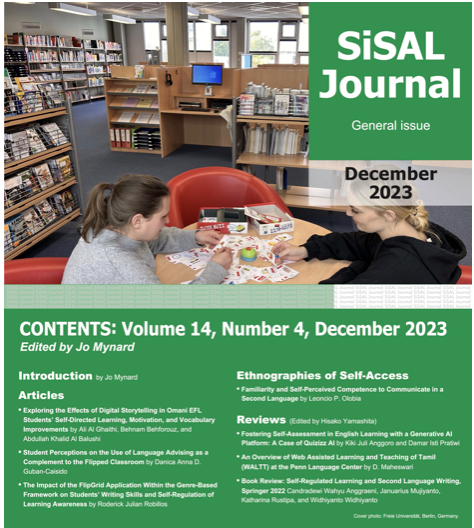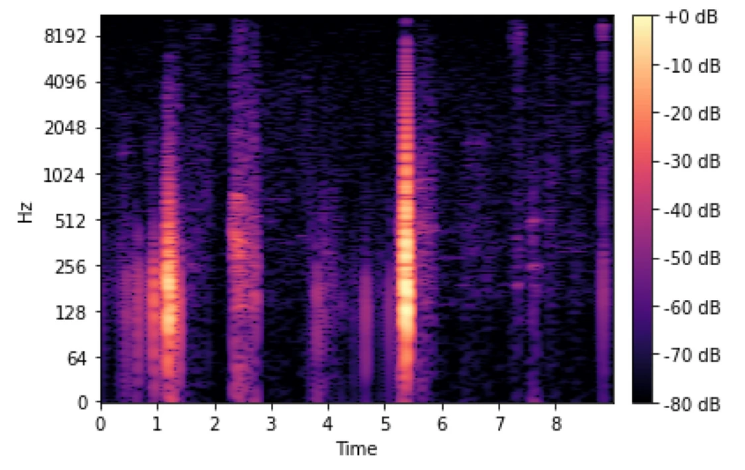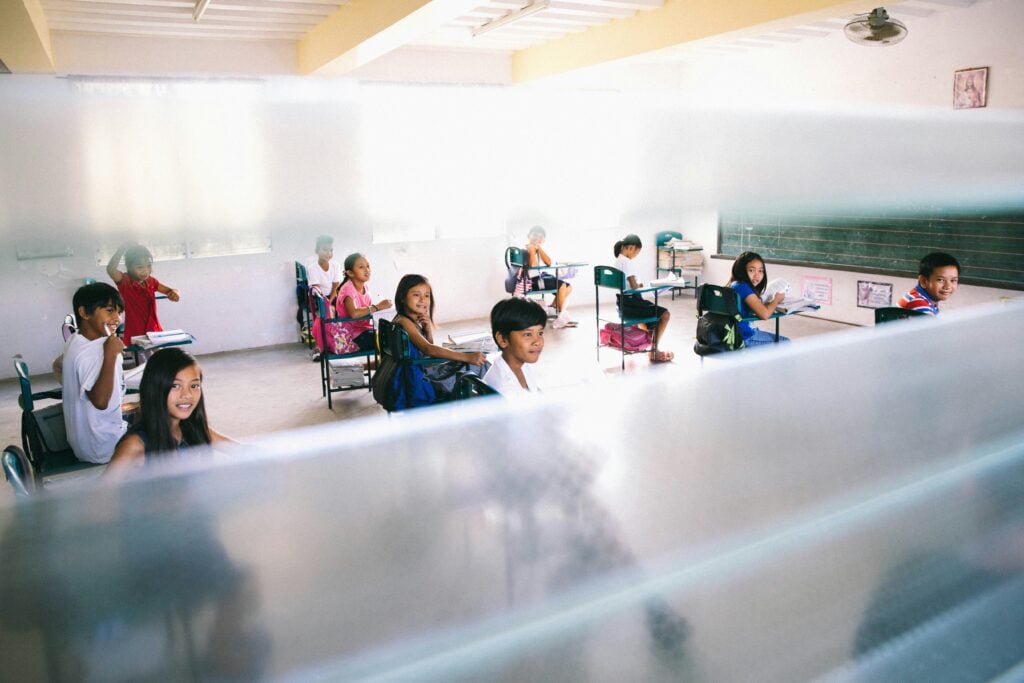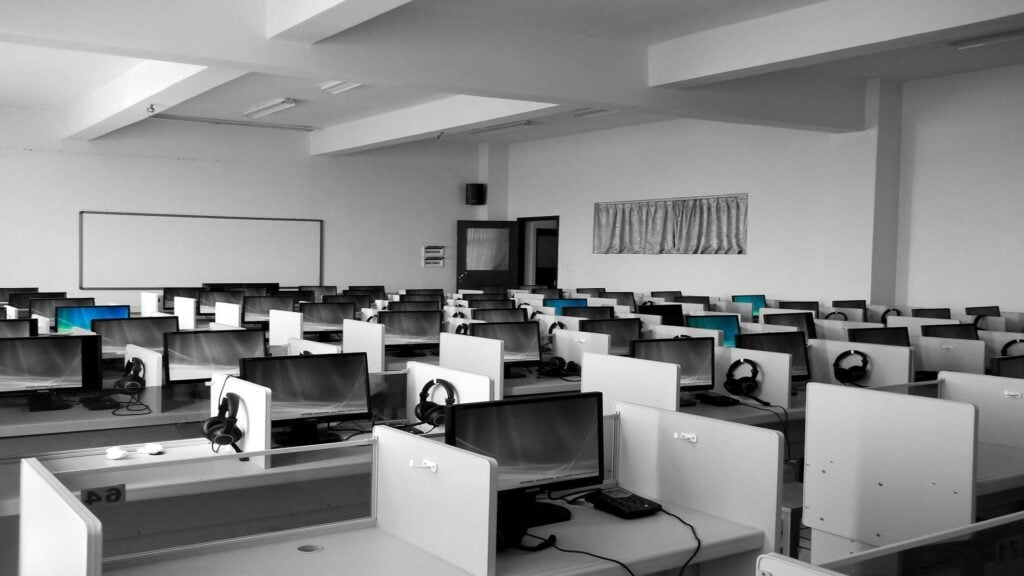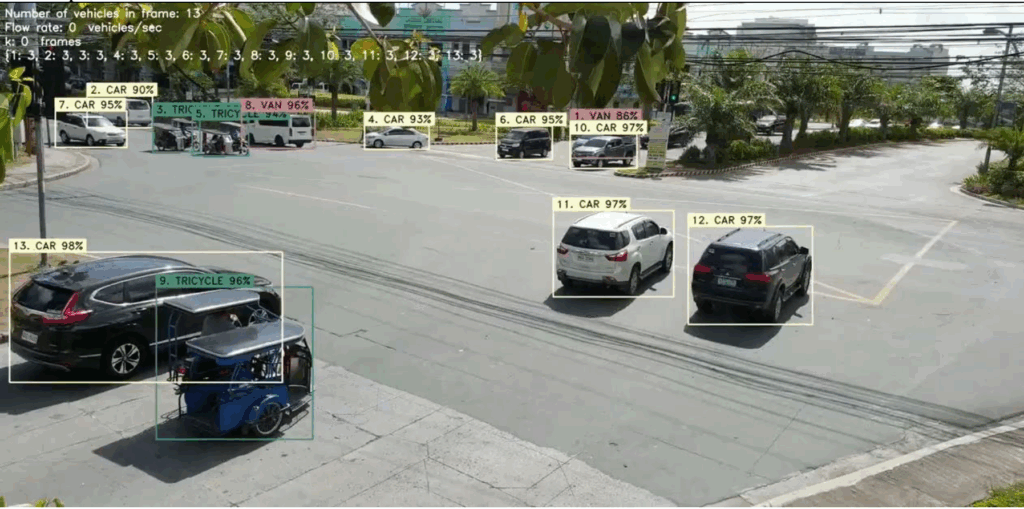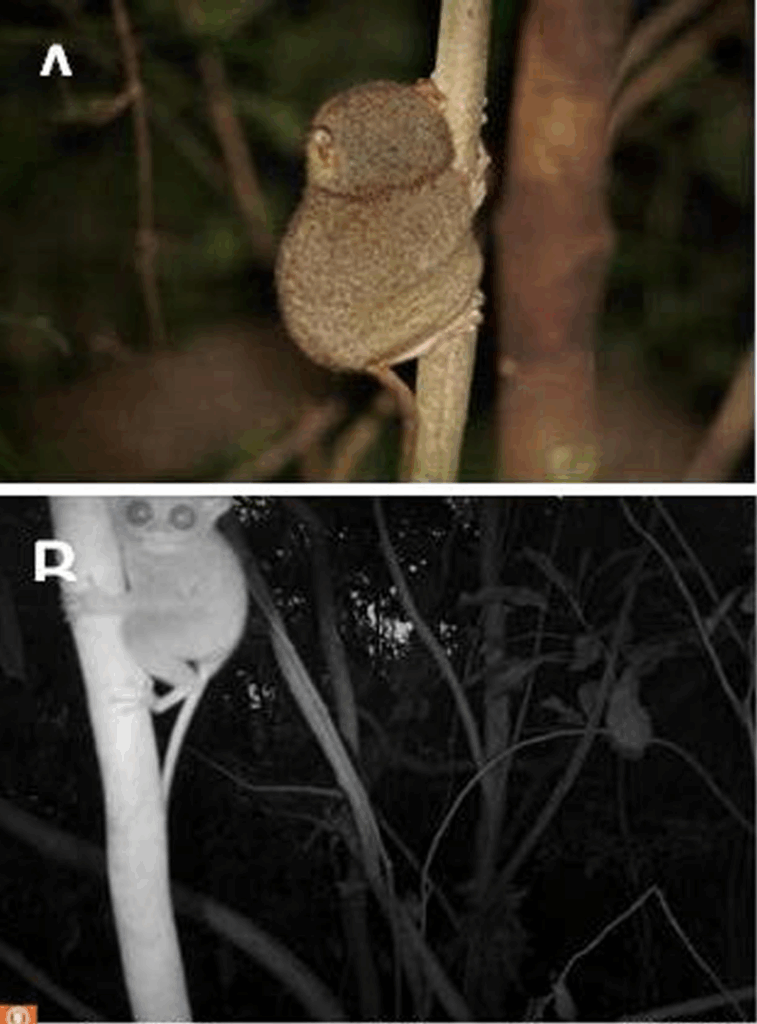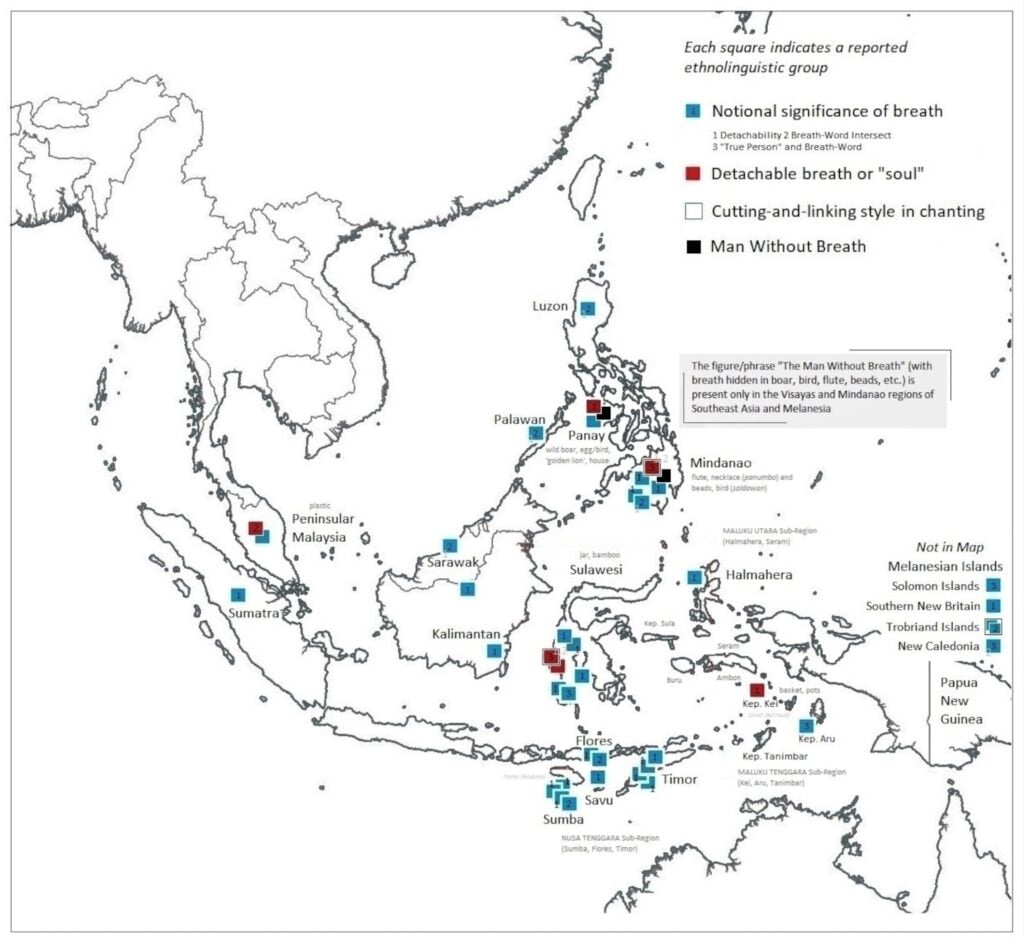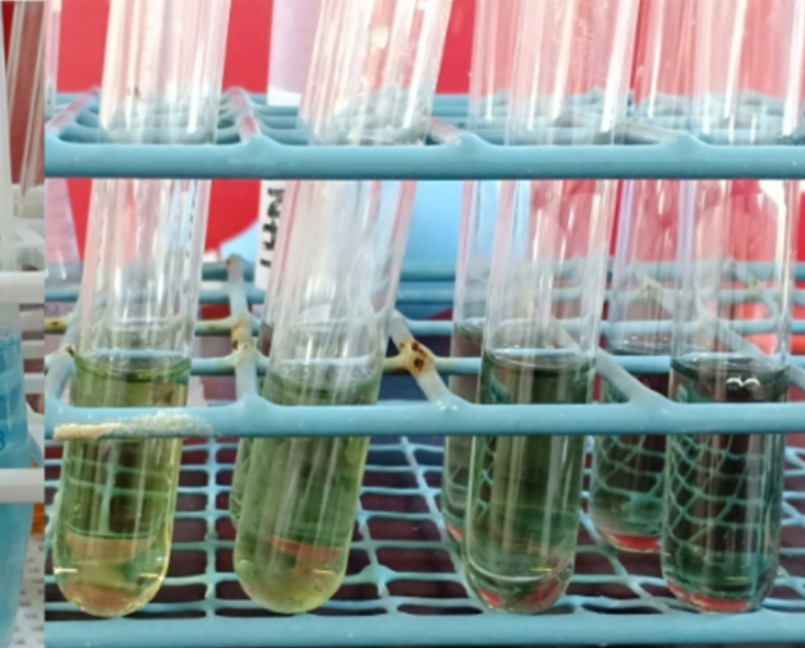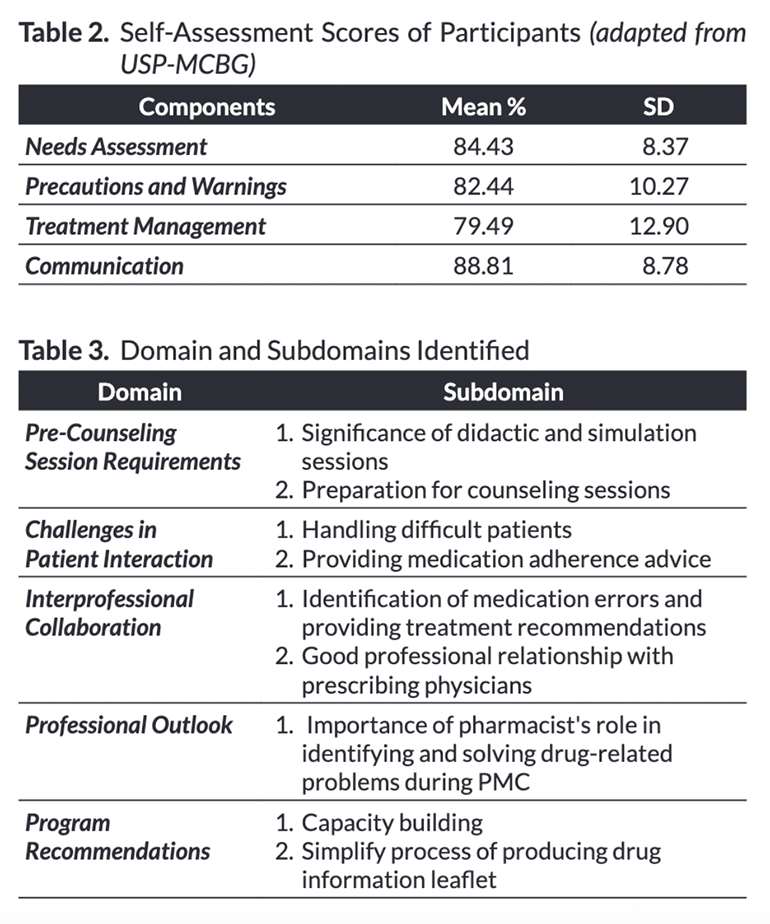Research
As the national university, we champion and support innovative research that addresses the country’s most pressing challenges.
05 Dec 2024
Advising in Language Learning complements the Flipped Classroom in teaching foreign language
The Flipped Classroom Approach is a novel methodology used in language learning. In this set-up, students are tasked to study...
Read More04 Dec 2024
Artificial intelligence allows detection of heart problems using only sound
This paper explores a new way to detect heart disease by using sound. Just like a doctor listens to your...
Read More03 Dec 2024
Public school teachers in the Philippines perform various tasks that can be considered health work
While the chronically overburdened state of public school teachers in the Philippines is well-established, little is known about how they...
Read More19 Nov 2024
BPO workers are prone to physical and mental stress which could cause other health problems
This study looked at how to keep people healthy and safe while working in the Business Process Outsourcing (BPO) industry...
Read More22 Oct 2024
An active learning system which generates training sequences comparable to randomly labeled video sequences has potential use in vehicle tracking
The development of an efficient and reliable transport system has a direct impact on the economy of the country. One...
Read More12 Sep 2024
Tarsiers need small forest fragments to survive, making it crucial to protect these isolated environments
The Philippine tarsier Carlito syrichta (Linnaeus, 1758) is considered a specially protected flagship species in the Philippines. However, the species is threatened...
Read More20 Aug 2024
In Visayan and Mindanao epics, the “Man With No Breath” is seen as deathless and invulnerable, contrary to the common view of continuous breathing as a sign of wellbeing
In Visayan and Mindanao epics, one encounters the figure of an enigmatic character called the “Man With No Breath”. This...
Read More09 Aug 2024
Height and height differences impact different areas of life including jobs, education, sports and social interactions
This review article examines the meanings and materialities of human stature, from serving as a marker of human difference to...
Read More02 Aug 2024
Saba banana peels offer many health benefits including potential effectiveness in treating obesity and related disorders
This study presents a comprehensive investigation into the potential health benefits of saba banana peel (SBP). The study reveals that...
Read More29 Jul 2024
Pharmacy students are skilled in nonverbal communication and language use, but less confident in developing and managing treatment plans
Pharmacists are in a unique position to provide important medication information, prevent errors, and help improve patient outcomes. Patient medication...
Read More19 Jul 2024
Large-scale study involving samples from 90 countries reveals that butterflies originated approximately 100 million years ago in what is now the Americas
The research, conducted over seven years and involving over 80 scientists worldwide, aims to contribute to our understanding of butterfly...
Read More16 Jul 2024
The dozens of animal engravings discovered in the Atxurra cave in Basque Country, Spain prove that there is planning before artistic production during the Upper Palaeolithic
The Atxurra cave (Basque Country, Spain) is an exceptional place to learn about the Magdalenian artists in Europe. A unique...
Read More
